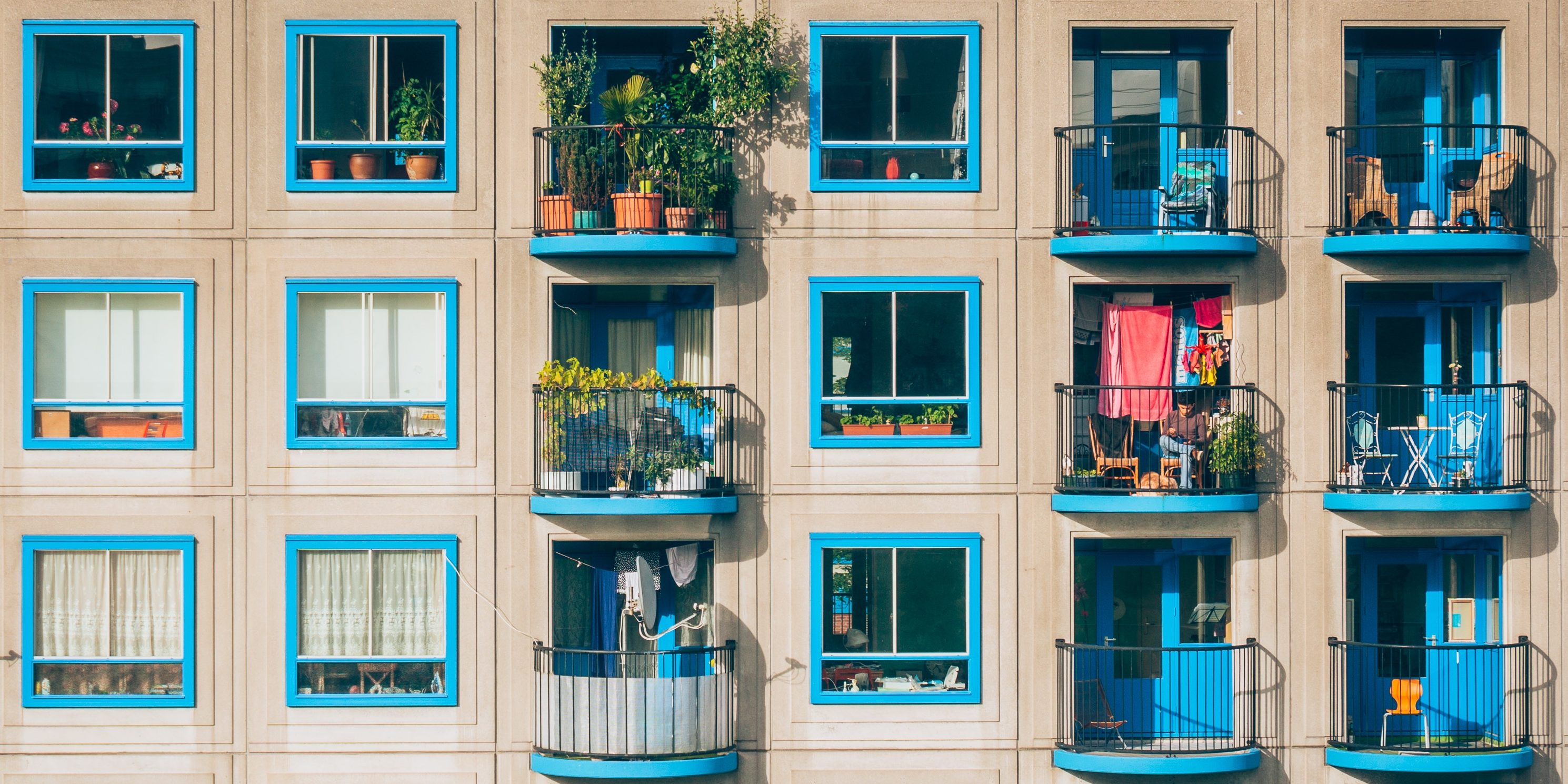Such a hot topic within our industry and when talking to our members;
What’s a better investment strategy; buying an apartment or a house?
We, at DDP, believe that it is the opportunities themselves that either make an investment opportunity exceptional, or not so much. So, with that said, perhaps we could only answer this question definitively if we had two variable options to compare.
However, how does one know where to start? Where should you invest your property investment hunting time? With so much mixed information and opinion floating around out there, we decided to address a couple of mistruths and help you decide what will work best for you and your situation.
_________
Myth vs Truths
-
You’re buying land, so houses are better
This is a truth mixed with a myth. When apartments were not a common feature in Australian suburbs, their value was tarnished with the ‘land’ brush. The perception was that because you do not own the land under the building, it did not have the same value as it would have, if you had purchased a house. At the time, this had an element of truth, as apartments were valued far below their house equivalents. Now, as you have probably experienced, this is no longer the case and the value of square meterage in apartments is almost equivalent to houses.
Families don’t live in apartments
Another outdated myth that used to be true. With so many properties available in Australia a few short decades ago, and housing prices relatively static, it didn’t make sense to the community as a whole to cram children into small apartments.
Now, upwardly mobile families love being able to live their life in the suburbs without having to mow lawns or worry about cleaning the swimming pool. In fact, many suburban apartment complexes are almost exclusively families.
Apartments are cheaper
Sometimes this is true, but new apartment complexes with facilities require upkeep and maintenance. In fact, many have a full-time staff member or two, in order to keep up the visual aesthetic. This is paid for through body corporate fees, which are annualised payments from the owners. Two comparable properties, one an apartment and one a house, should not be priced at face value – remember to take body corporate fees (and other contractual costs) into account.
Younger generations are moving to the city
This is a good one because it sounds right. Young, funky people are heading to the city to be close to work and are moving into apartments for convenience. But it’s nonsense. While some younger people (and in fact, people of all generations) are moving into cities, a vast majority of populations, across all demographics, still live in the suburbs.
There’s a shortage of land
This would be true, if we only built in the direction of the city, or lived somewhere like London, where a “green belt” restricts areas that can be developed. However, new developments are being built every day in suburban areas – both apartments and houses.
Perhaps more importantly than this being a myth, is that it doesn’t matter. People need a place to live, no matter where they are, and with the cost of apartments and houses being relatively comparable, a decision should be made on a good investment, not a type of dwelling.
So in conclusion – an Apartment or a House?
If you’re buying a home to live in eventually, get something that works for you and your family. Money is no comfort when you’re living in misery.
For pure investments, apartments often require less time and are therefore often more cost-effective. If there are onsite staff, the body corporate costs might be significantly cheaper than hiring a gardener or cleaner.

